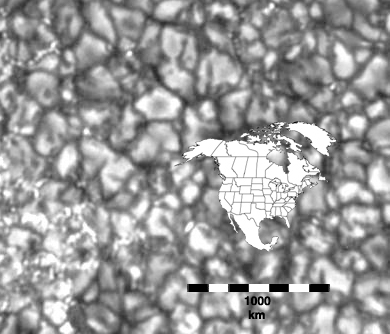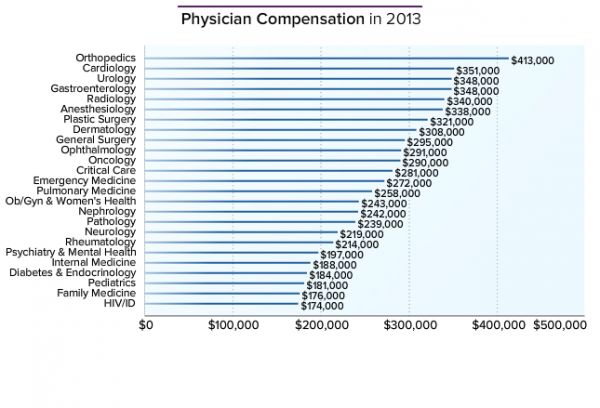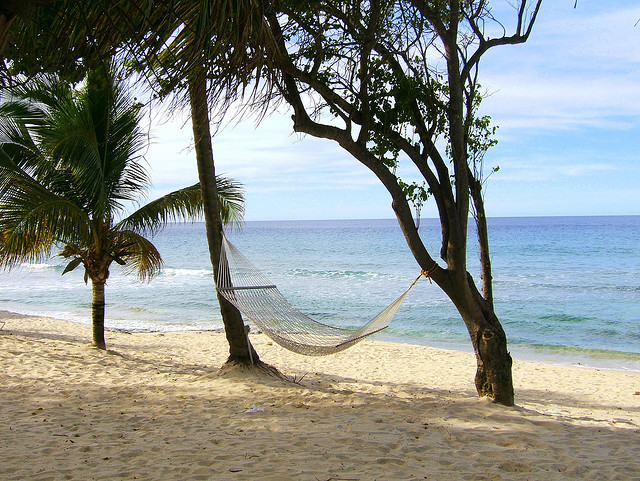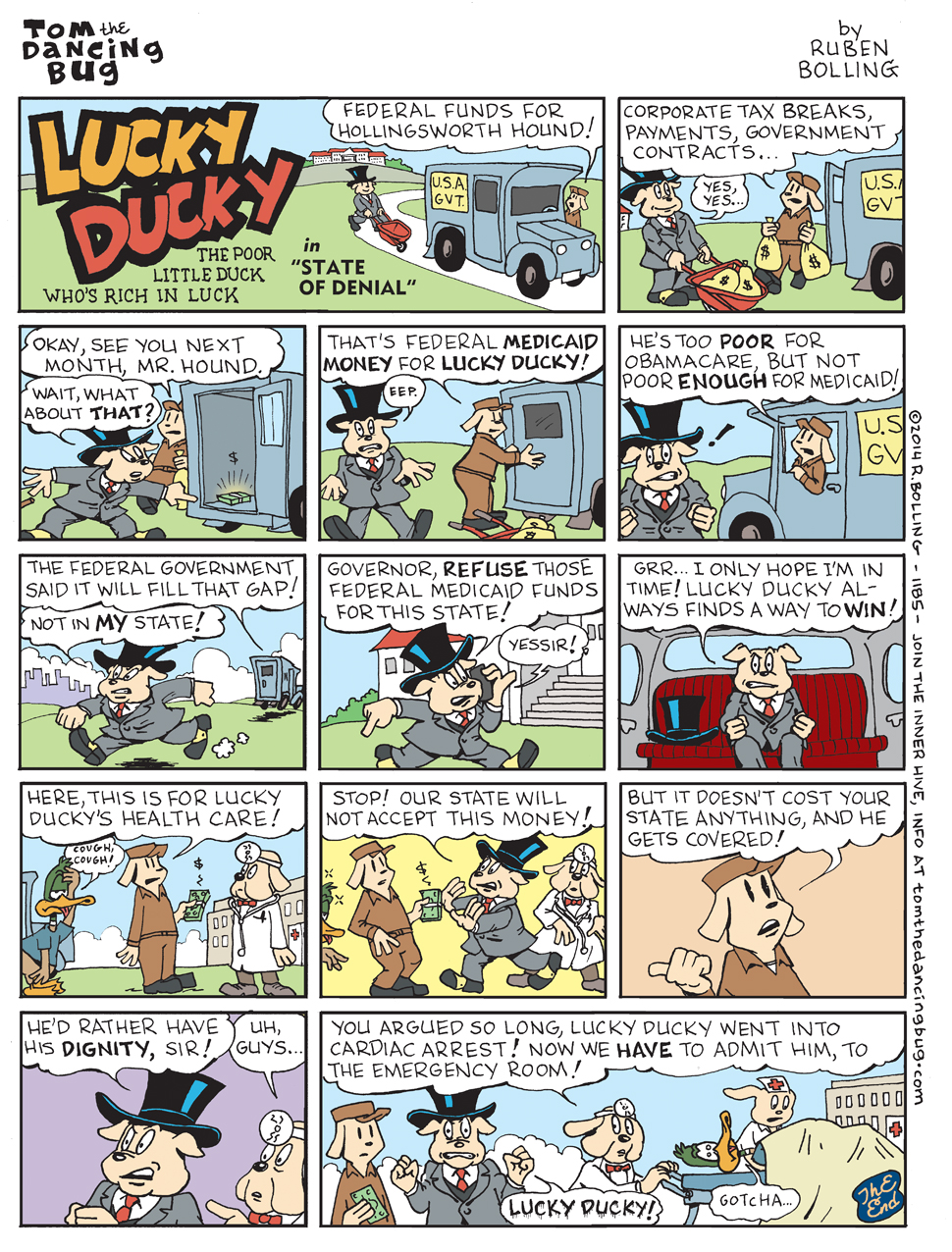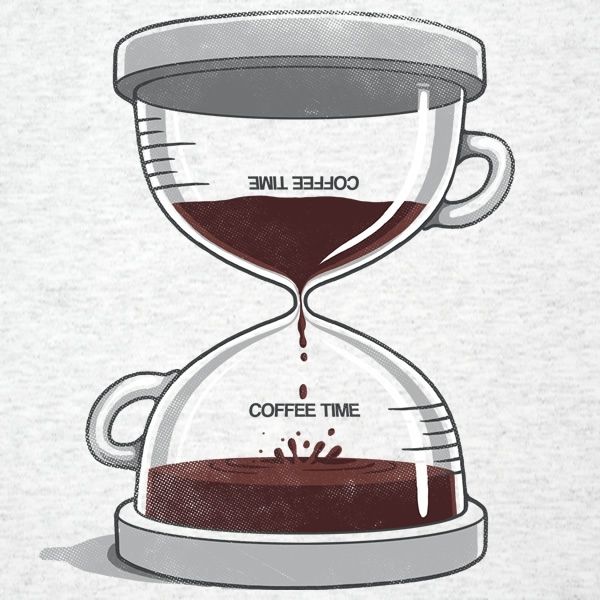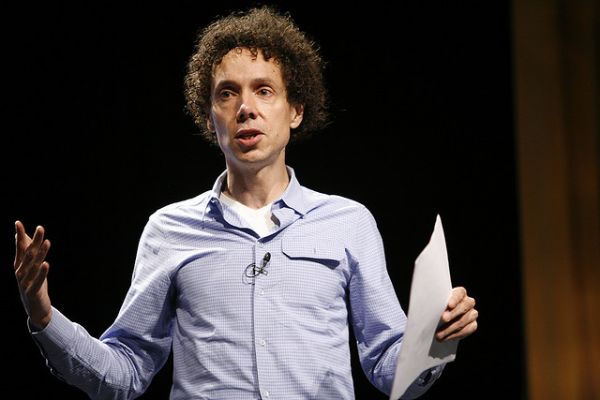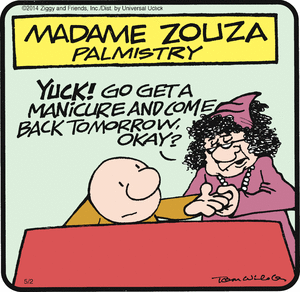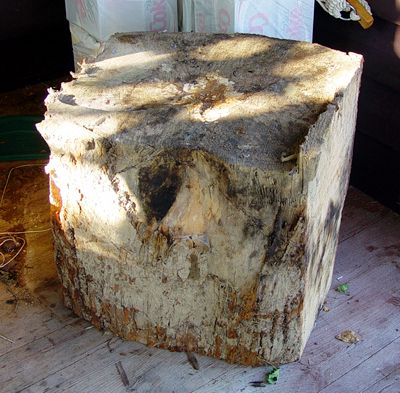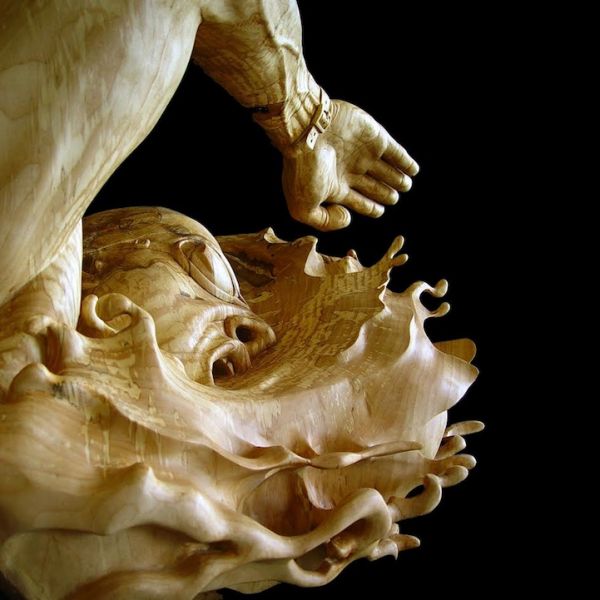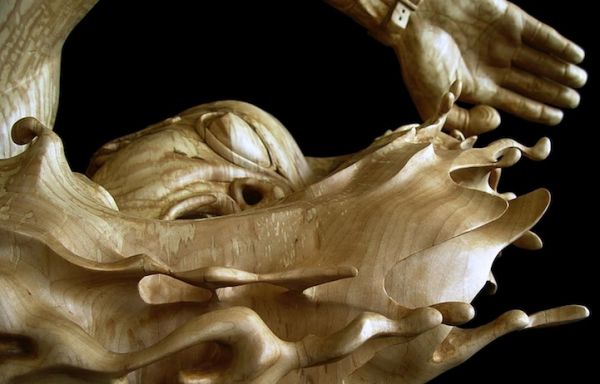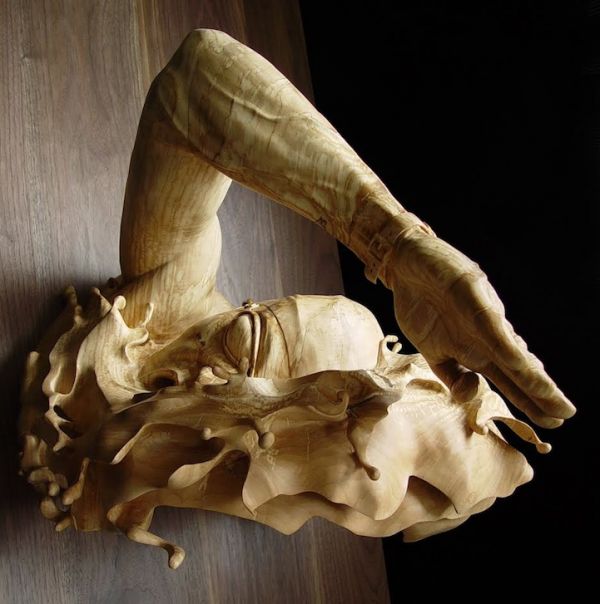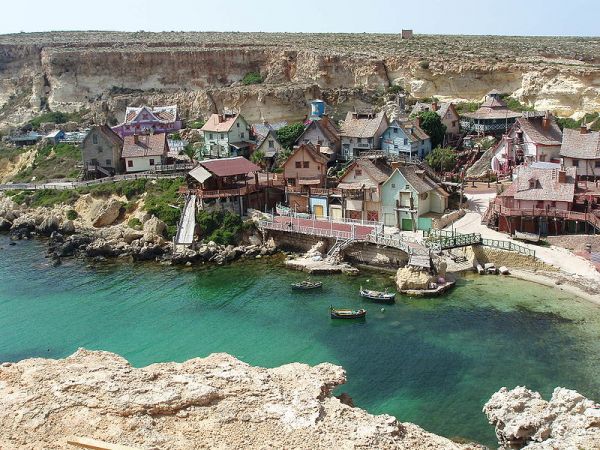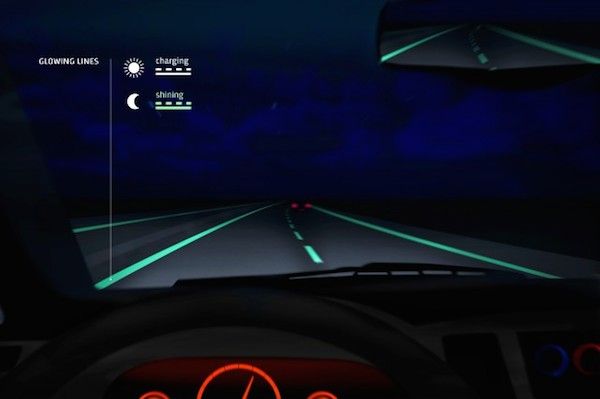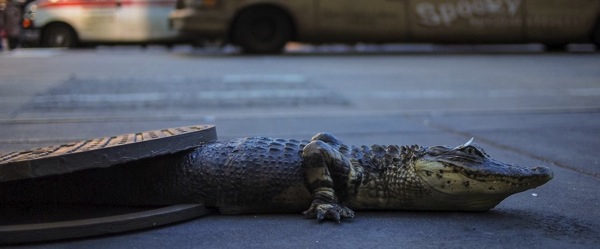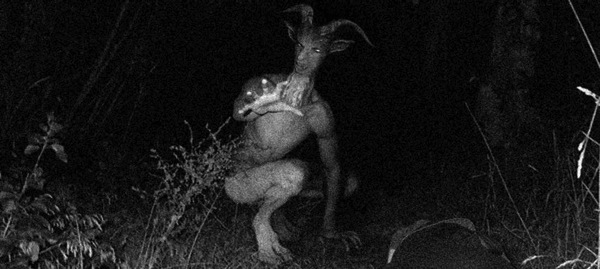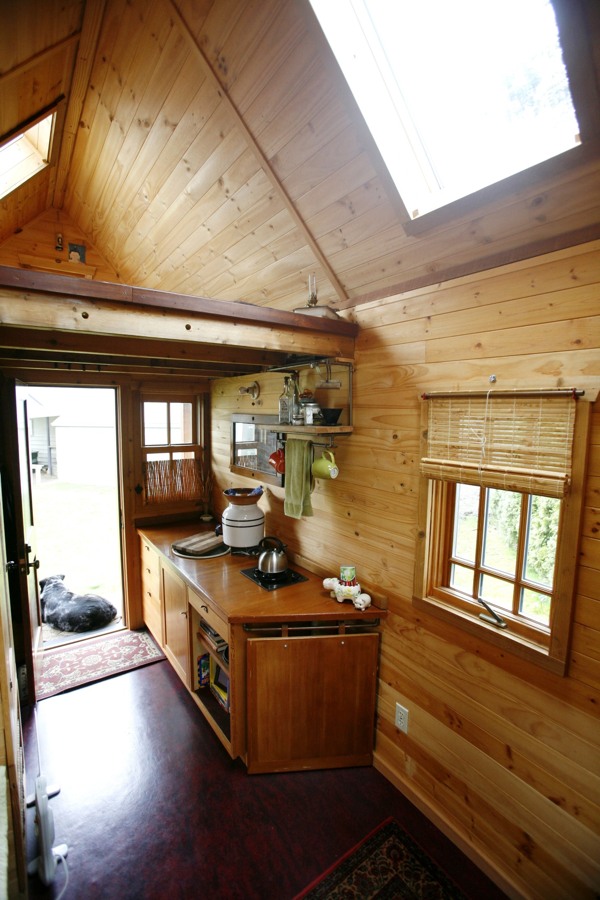Carolina Naturally is read in 198 countries around the world daily.
And we're off to the races ... !
Some of our reader today have been in:
The Americas
Luquillo, Puerto Rico
Thunder
Bay, Pikangikum, Britannia, Joliette, Lansing, Byward Market, Barrie,
Montreal, Lake Louise, Nunalla, Downsview and Ottawa, Canada
Sao Paulo, Rio De Janeiro, Toritama, Brasilia and Tatui, Brazil
Santiago, Chile
Novato, Creedmor, Hopatcong, Eureka, Clovis, Bourbonnais and Poughkeepsie, United States
Managua and Tipitapa, Nicaragua
Mexico City, Mexico
Guatemala City, Guatemala
Europe
Dubrovnik, Croatia
Kharkiv, Ukraine
Amsterdam, Baaren and Zaandam, Netherlands
Moscow, Ryazan, Vladivostok and Kazan, Russia
Brussels and Antwerp, Belgium
Madrid, Algerircas, Malaga and Cadiz, Spain
Magenta, Pau, L'ancisenne-Lorette and Deville-Les-Rouen, France
Teixoso and Lagos, Portugal
Cagliari, Milan, Rome, Sovana, Curno, Pescara and Ivrea, Italy
Nutzenberg, Rosenheim and Hannover, Germany
Kent, Middlebough and Manchester, England
Sarajevo, Bosnia and Herzegovina
Nokia, Finland
Stockholm, Sweden
Novi Sad, Serbia
Oziemk, Poland
Oslo, Norway
Reykjavik, Iceland
Athens, Greece
Dublin, Ireland
Ljubljana, Slovenia
Asia
Jakarta, Pontianak and Depok, Indonesia
Nagoya, Japan
Singapore, Singapore
La Dagotiere, Mauritius
Johor Bahru, Putrajaya and Kuala Lumpur, Malaysia
Baghdad, Iraq
Rangoon, Burma
Pune, Thiruvananthpuram, Shillong, Bangalore, Kolkata, Coimbatore and New Delhi, India
Dhaka, Bangladesh
Colombo, Sri Lanka
Tehran, Iran
Bangkok, Thailand
Africa
Cairo, Egypt
Durban and Johannesburg, South Africa
Rabat, Morocco
The Pacific
Sydney and Botany, Australia
Makati, Philippines





